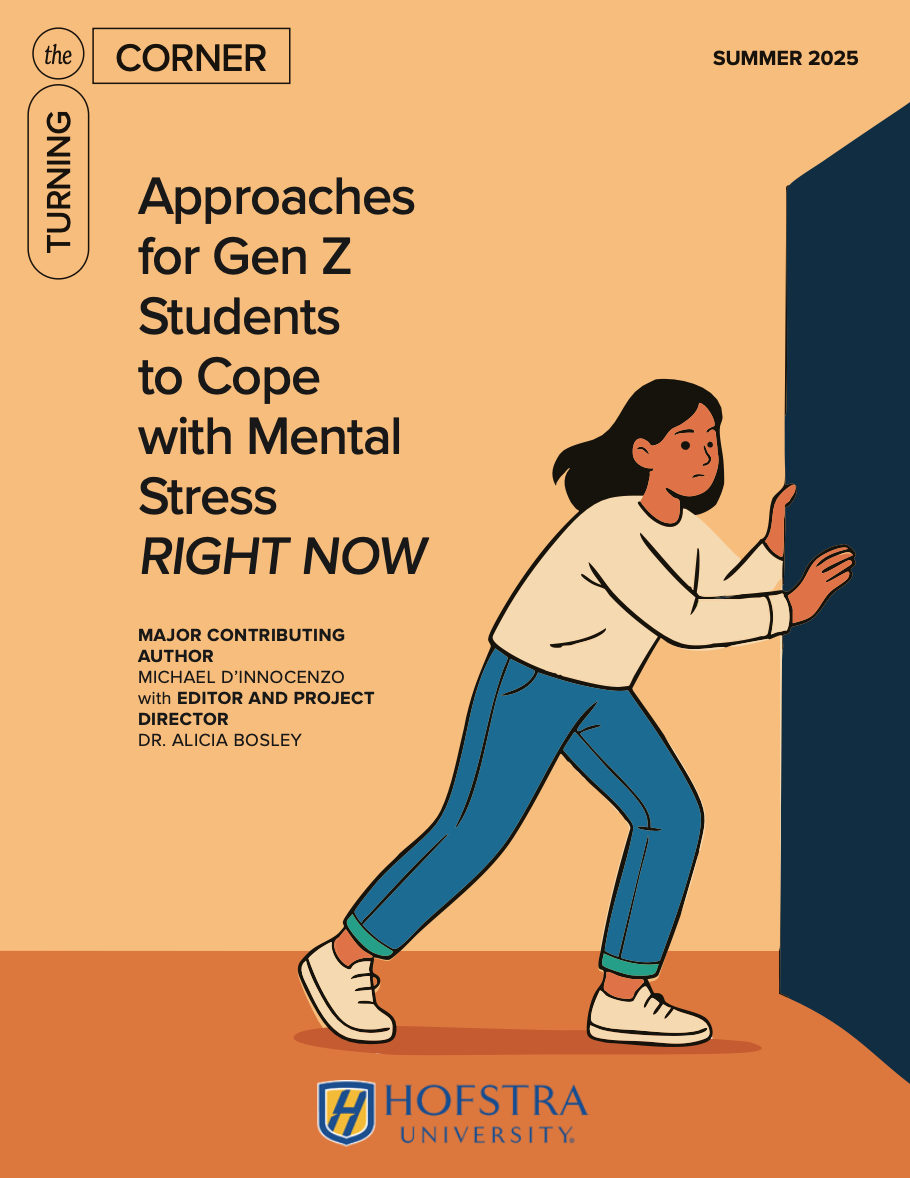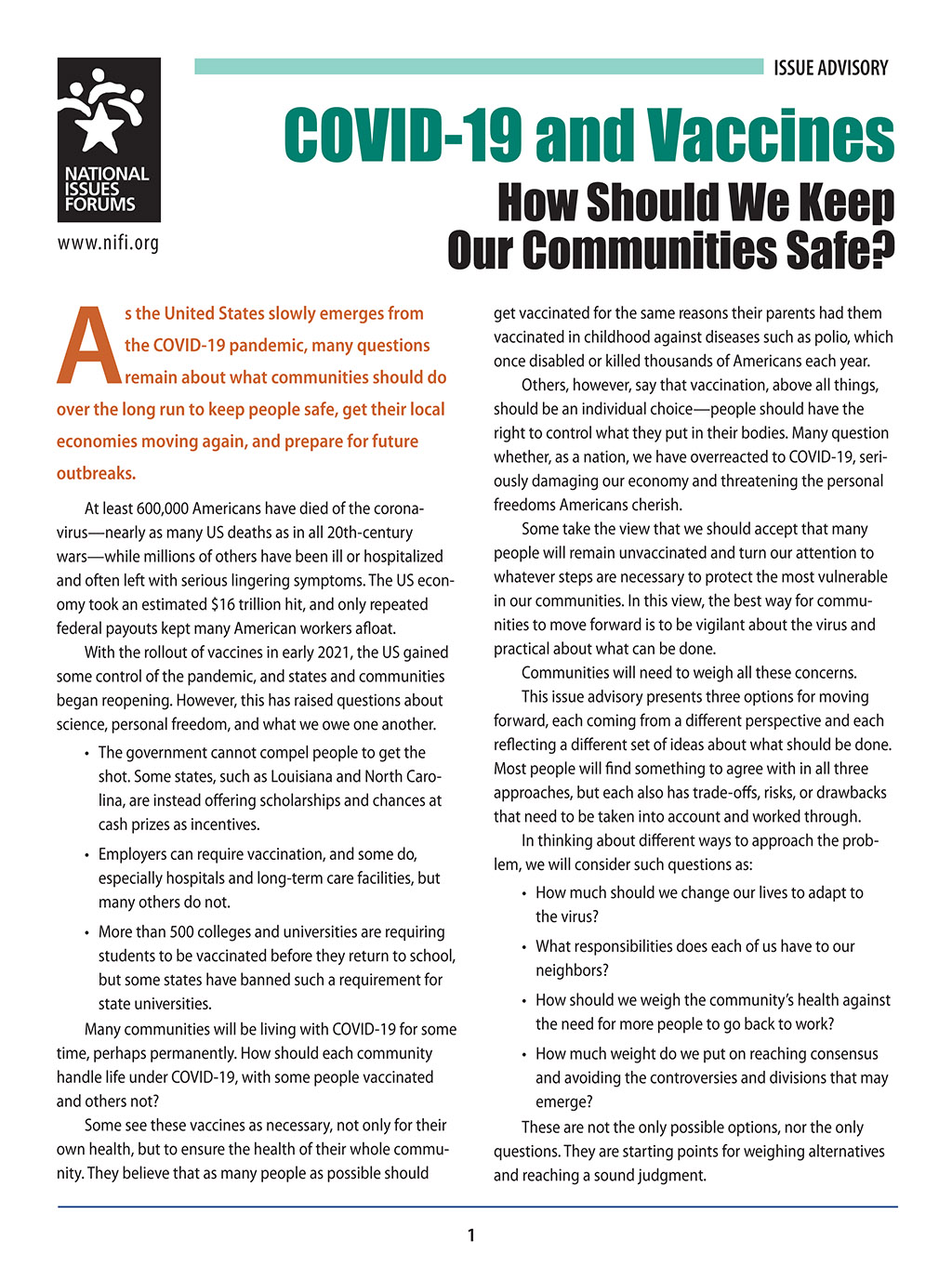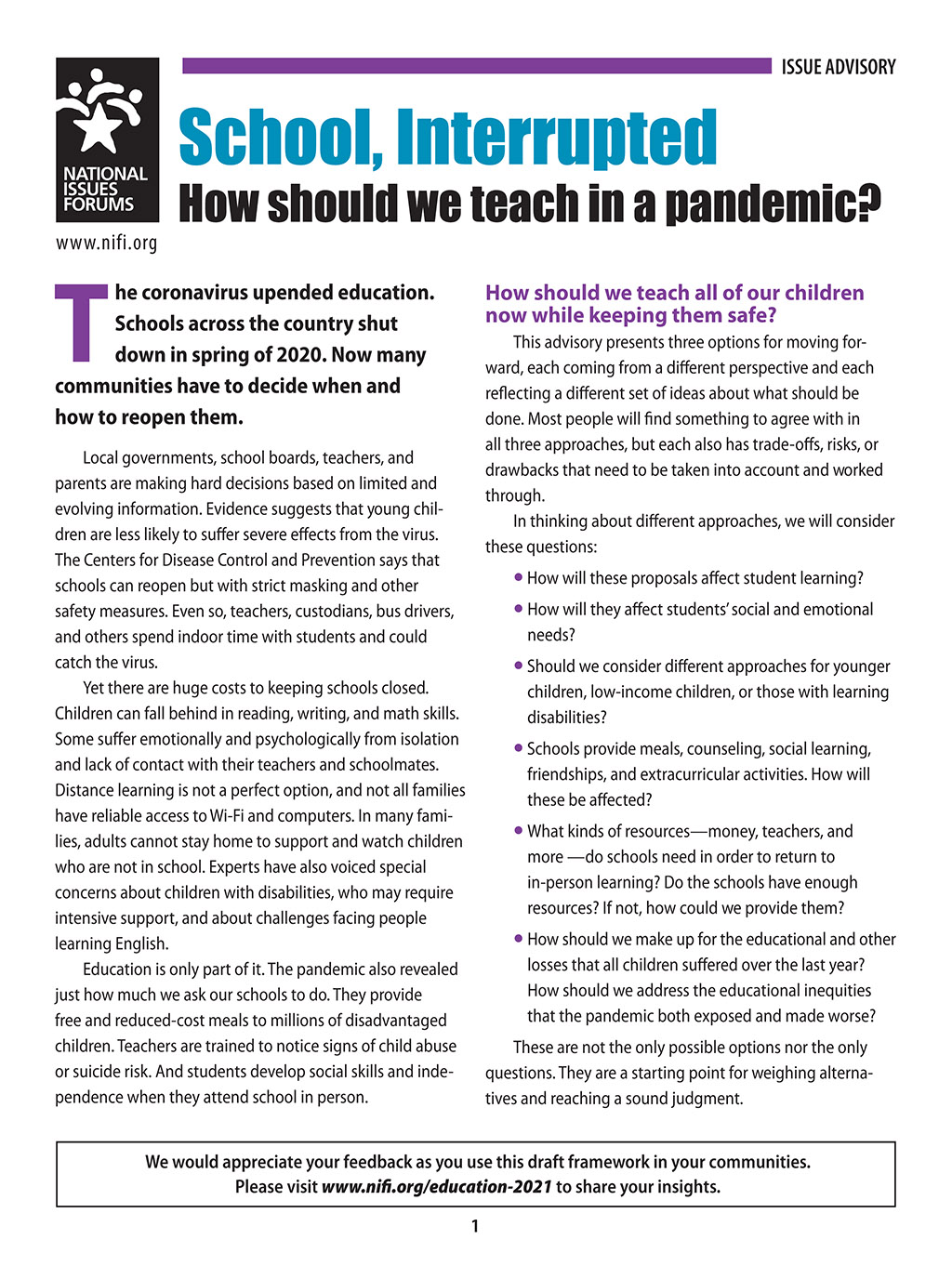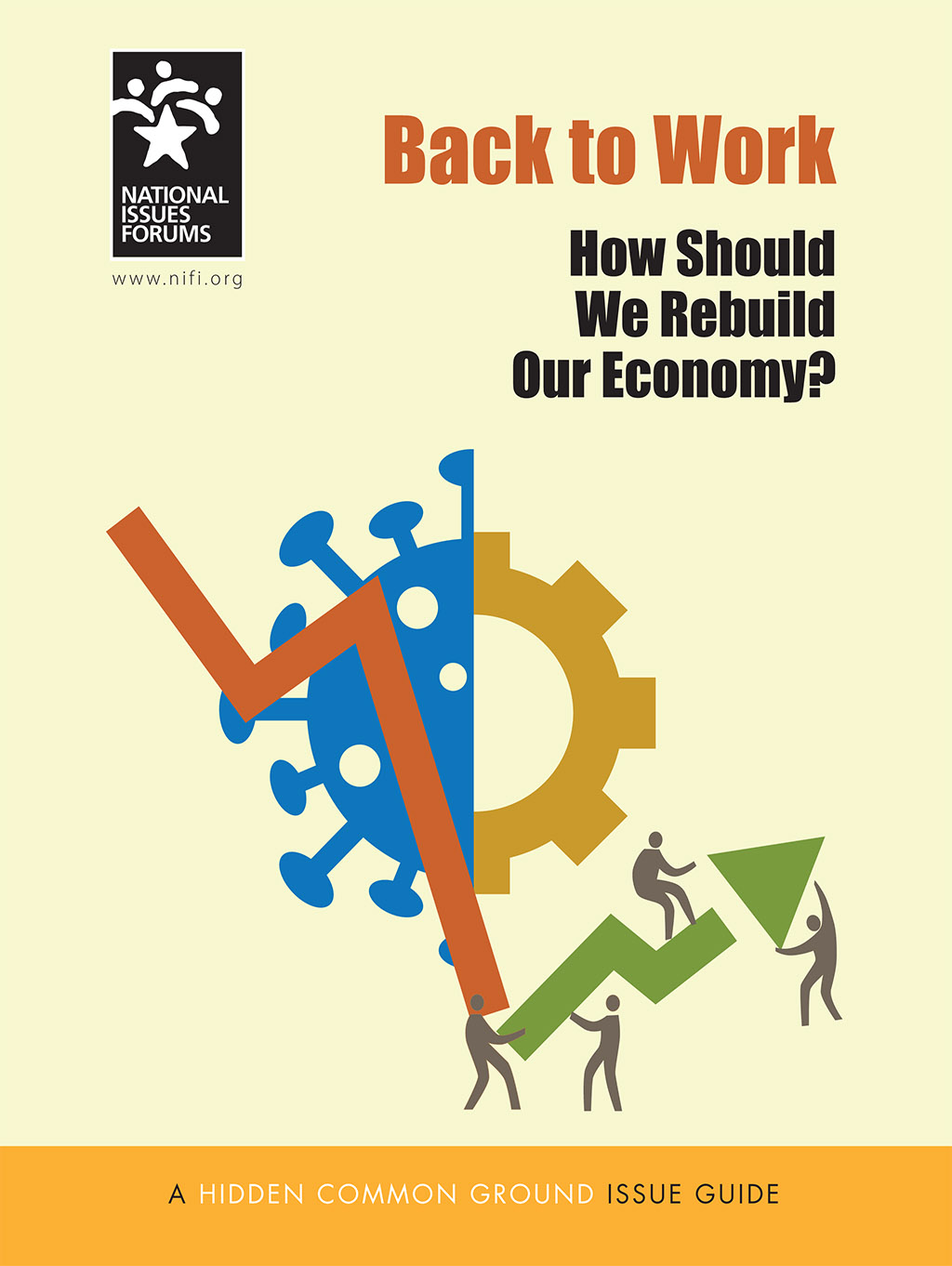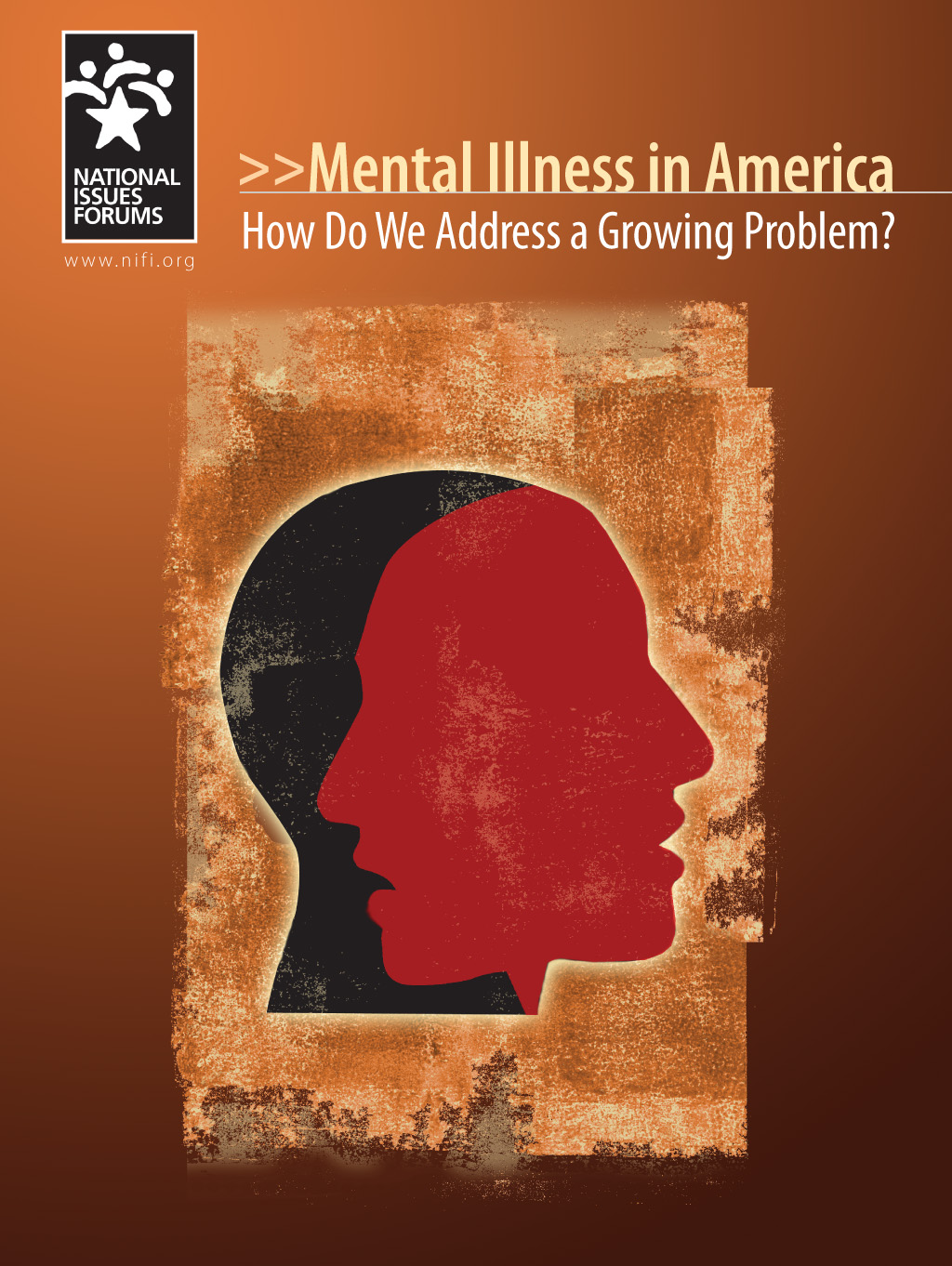How do we pick up our lives after major global and national crises, and return to the pursuit of old hopes and dreams?
The COVID-19 pandemic marked what many called “The Lost Year” of 2020, but for Generation Z, its effects stretched far beyond that label. Born between 1997 and 2012, Gen Z includes students from upper elementary through college, many of whom were navigating school transitions or entering the workforce during the pandemic’s upheaval. On top of the public health crisis, this generation faced political unrest, economic strains, and widespread uncertainty at pivotal points in their development. The compounding challenges made their experiences uniquely unsettling compared to older generations.
For Gen Z students, disruptions ran deep across education, social life, and family stability. Many endured isolation, heightened anxiety, and a mistrust of others fueled by social and political division. Minority students bore disproportionate impacts, as communities of color and lower-income families faced higher risks of economic instability, health inequities, and limited access to support. At the same time, Gen Z represents the most diverse U.S. generation to date—nearly half identify as racial or ethnic minorities, while a significant portion identify as LGBTQ+ or nonbinary. This intersection of diversity and vulnerability meant the pandemic amplified inequities already present in society.
As headlines continue to document spikes in loneliness, mental health struggles, and even student suicides, the urgency to support Gen Z is clear. In a series of deliberative framing sessions, young people and their allies considered their deepest values and explored collective approaches for moving forward. The resulting issue guide offers four interconnected options for addressing these challenges, emphasizing that progress requires cooperation, tradeoffs, and a willingness to work across institutions and communities. By recognizing both the diversity of Gen Z and the depth of their struggles, society can better respond to the crises shaping their futures.
This issue guide was developed by Hofstra University through a collaborative effort of students and faculty dedicated to civic engagement and public advocacy. Contributing authors include undergraduate and graduate students—Sage Wenninghoff, Jonathan Caputo, Joseph Verderber, Averee Dovsek, Ryan Fallert, Emily Levine, and Steven Nappi—alongside faculty and academic leaders Philip Dalton, Ph.D., Stephanie Freese, Ed.D., Zoe Pasquier, and Andrea Libresco, Ed.D. Together, their diverse expertise in rhetoric, counseling, education, public relations, and political science shaped a resource designed to elevate Gen Z voices and foster meaningful dialogue about how best to support young people in the years ahead.

